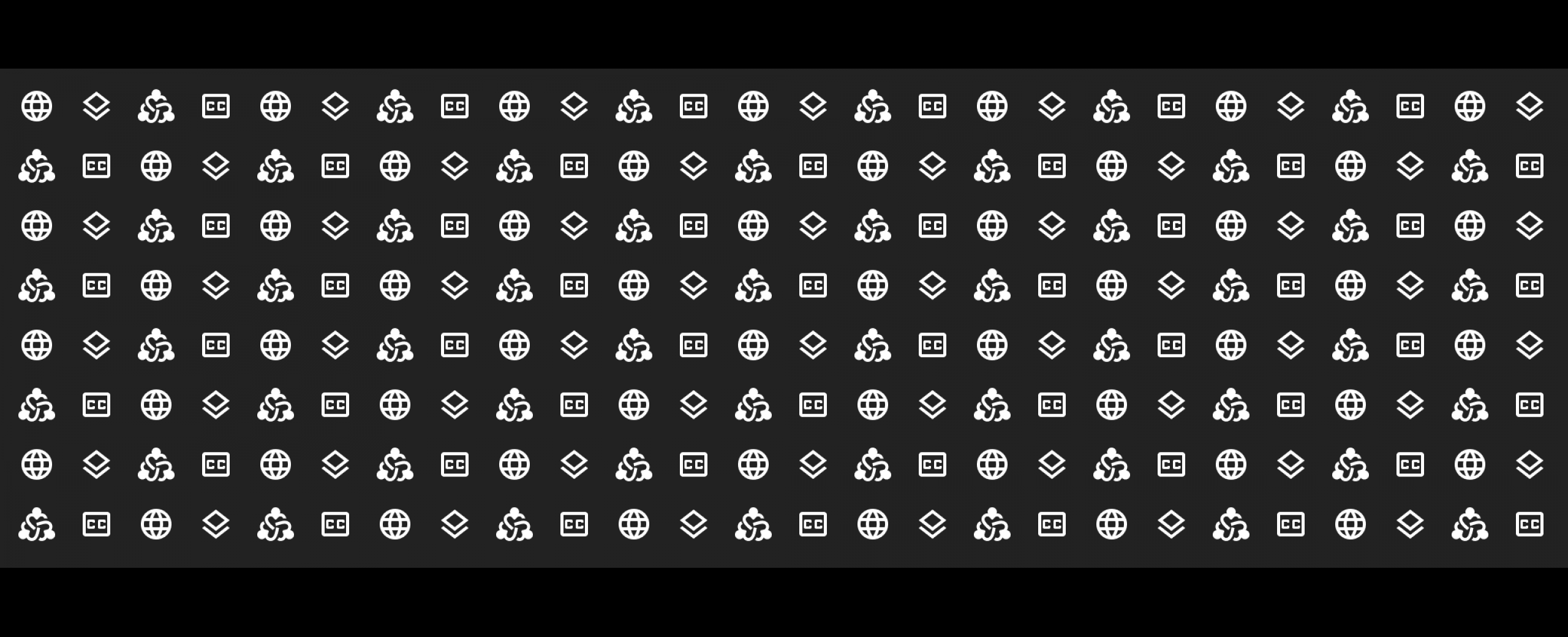
Intersectional Tech Futures: Foregrounding Black, Indigenous, and Disability Justice Perspectives on Tech Literacy & Accessibility
Intersectional Tech Futures: Foregrounding Black, Indigenous, and Disability Justice Perspectives on Tech Literacy & Accessibility
Black, Indigenous, and Disability Justice (BIDJ) communities have long led the way in cultural stewardship and ethical technological innovation, building networks that prioritize accessibility, care, and community well-being. In an increasingly digital world, it is vital for arts organizations and collectives to act in solidarity with these communities by supporting their knowledge and creating intersectional structures that uphold their work—both online and offline, and in low-tech and high-tech environments.
"Intersectional Tech Futures" offers a foundational look at why BIDJ perspectives are essential in new media programming, equipping artists and arts workers with both theoretical insights and practical tools to build support structures for these existing knowledges. The session aims to foreground the overlapping and solidary expertise already present within BIDJ communities, encouraging participants to think through actionable ways to amplify and sustain these efforts.
As an initial step in this ongoing work, the workshop aims to foster deeper reflection and inspire participants to continue supporting BIDJ-informed approaches that prioritize accessibility, community care, and justice. This session is designed as a starting point, with the hope that it will lead to continued efforts and sustained collaboration in supporting these communities’ innovations and needs.
This event is part of a three-part series. Visit the other workshops below:
Reducing Harm in New Media: An Intersectional Exploration of Digital Community Protocols
Program/Project Context
This workshop is the first test of an initial prototype of a resource package developed as part of Terra Firma, a one-year project aimed at strengthening the technological relationships between arts organizations and Black, Indigenous, and Disability Justice (BIDJ)-centered communities. The resource package is designed as an open-source, reusable lesson plan that can be adapted and used by others to teach similar workshops, helping to increase access to BIDJ-informed approaches in arts and technology spaces.
It’s important to note that this workshop and its associate resource package foregrounds existing knowledge and insights from BIDJ communities and does not claim to be the primary or definitive source of information on these topics. We encourage all facilitators and participants to engage directly with BIDJ communities where possible. This workshop is meant as a starting point to build awareness and take initial steps toward more meaningful support and solidarity.
About the Facilitator
Belinda Kwan (she/they) is a disabled East Asian settler and arts worker based in Tkaronto. She is the Research and Development Manager at InterAccess, and the project lead of Terra Firma.
Accessibility Information
ASL, CART Captioning, and notetaking are available for this event. To request additional accessibility supports, please email development@interaccess.org.
Funding & Partnership Information
This project was made possible with funding from the Canada Council for the Arts, Mitacs, and Cultural Human Resources Council. It is presented as a partnership between InterAccess, FEZIHAUS, and Tangled Art + Disability.